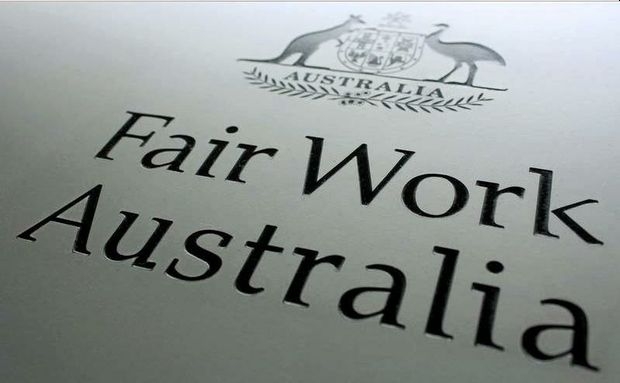

For 2025, significant amendments to Australia’s Fair Work Act have been implemented, affecting employers and employees across all sectors. Staying informed about these changes is crucial to ensure compliance and maintain fair workplace practices.
Criminalisation of Wage Underpayment
Effective from 1 January 2025, the deliberate underpayment of employee wages or entitlements is now classified as a criminal offence. Employers found guilty of intentionally withholding correct payments may face severe penalties, including fines and imprisonment. To assist businesses, particularly small enterprises, the Fair Work Ombudsman has introduced the Voluntary Small Business Wage Compliance Code, providing guidelines to ensure adherence to wage laws.
‘Same Job, Same Pay’ Legislation
The “Same Job, Same Pay” laws have been a focal point in recent industrial relations discussions. Notably, BHP is engaged in a landmark case before the Fair Work Commission concerning pay disparities among its labor hire employees. The outcome of this case is anticipated to set a precedent for wage equality across various industries, reinforcing the principle that workers performing identical roles should receive equivalent remuneration.
Introduction of the ‘Right to Disconnect’
Starting from 26 August 2024 for non-small business employers, and extending to small businesses from 26 August 2025, employees have been granted the ‘Right to Disconnect.’ This provision allows employees to refuse work-related communications outside their designated working hours, promoting a healthier work-life balance. Employers are advised to review and adjust their communication policies accordingly to comply with this new entitlement.
Increased Penalties for Underpayments
From 27 February 2024, the maximum civil penalties for underpayment contraventions have increased significantly, with fines for companies reaching up to $469,500. These heightened penalties underscore the importance of accurate wage payments and the need for employers to diligently review their payroll practices to avoid substantial fines.
Key Actions for Employers
To navigate these legislative changes effectively, employers should:
Key Takeaway
The reforms introduced in 2025 represent a significant shift in Australia’s employment landscape, aiming to foster fairer and more equitable workplaces. Both employers and employees must proactively engage with these changes to uphold compliance and promote harmonious working environments across all industries.

From January 1, 2025, Australia has taken a landmark step in workplace relations by criminalising the intentional underpayment of workers. This significant legislative change transforms what was previously considered a civil matter into a criminal offense carrying severe penalties, including imprisonment for individuals found guilty of intentional underpayment. For businesses operating in high-risk industries […]
Read More →
Australia has long been a favoured destination for backpackers seeking work opportunities under the Working Holiday Maker (WHM) program. As of January 2025, several significant developments have emerged that both employers and backpackers should be aware of to ensure compliance with Australian laws and regulations. Key Updates: Proposed Changes to Regional Work Requirements: In […]
Read More →
According to many trusted sources, the Australian government’s new and temporary agricultural visa attempts to solve the labour shortage crisis that has occurred because of the pandemic. However, this could be a risky approach because many low-skilled workers may be exploited. Moreover, the number of permanent skilled workers could also dwindle. The agricultural sector, in […]
Read More →